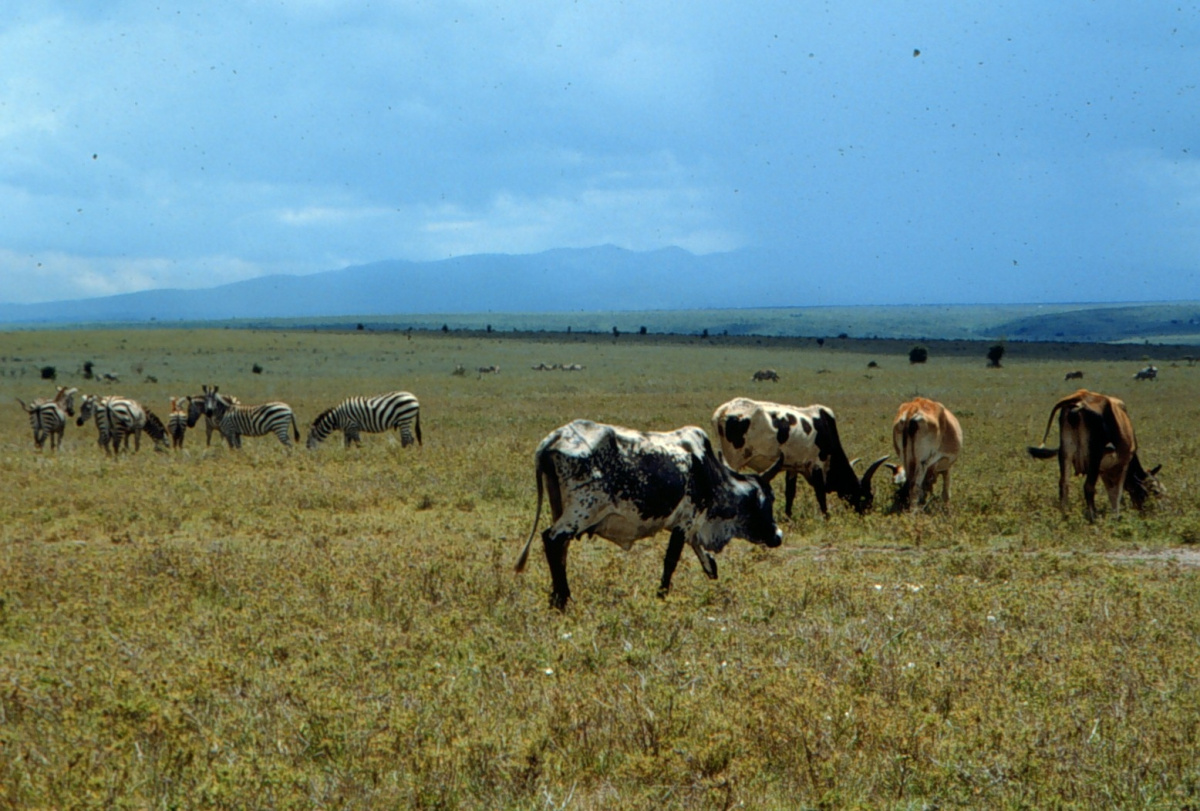World Water Day 2021: The Value of Water
When seen from space, our planet is predominantly blue, seemingly abundant with water. Yet only 1% of its surface area is actually freshwater. The world urgently needs to value the precious and limited resource that is freshwater. 'The Value of Water' is the theme of World Water Day 2021 and the topic of the latest UN World Water Development Report.

Photo: ©Shutterstock/Aleksandar Todorovic
Water is the lifeblood of our planet. We rely on it for our health, food, manufacturing, energy, agriculture, transportation, and more. Water also has a tremendous environmental value. Water allows plants, mangroves and peatlands to filter water, purify air, store carbon, reduce soil erosion, nurture biodiversity and offer protection from storms and droughts. People and companies use and rely on these natural services, "for free".
Still too often we take water for granted. As a result, we waste it, pollute it, or ignore its destructive power. The opposite of taking water for granted is to value it, in all its dimensions. Valuing water requires recognizing the full range of direct and indirect benefits and risks associated with water, which may be cultural, spiritual, emotional, economic, environmental, political or social.
"The value of water is not just about market prices, it is a fundamental question of sustainability. We need to choose to value water not only for us today but also for those who don’t have a voice: plants, animals and future generations", said James Dalton, Director IUCN Global Water Programme.
A global campaign for World Water Day allowed people around the globe to actively share what water means to them, its true value and how we can collectively protect this vital resource better.
It showed that the value of water is highly influenced by our own economic and cultural horizons. Wastewater for example is not ‘waste’ – it is full of nutrients and bacteria that can help improve soil nutrition, identify future vaccines, and power our economies. But to many, wastewater is pollution, and not a key part of the circular economy of water.
Understanding multiple value is therefore key – and not a single sector or subjective value. Vital to this is the need to improve communications and awareness on the value of water before we degrade our systems beyond recognition or point of return.
On the occasion of World Water Day, IUCN released a special feature story: ‘The Value of Water - Precious public good or profitable private asset?’
Twitter: @IUCN_Water - Facebook: IUCN.Water- LinkedIn:iucnwater



